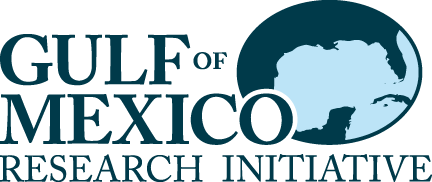Summary:
The diversity of archaeal and bacterial communities in the coastal areas of the Gulf of Mexico has been reduced by the influx of oil. Some microorganisms will dominate in carbon-rich environments while others will be at a competitive disadvantage. Depletion of prokaryotic community diversity in coastal areas diminishes the resilience of the associated ecosystem. Our studies will establish linkage between contamination by oil and its effect on prokaryotic microbial communities.
To elucidate the nature of microbial community shifts in response to the influx of oil. Our study advances the science of:
1. Employing technical advances in DNA molecular microbial community analyses to understand the response to the presence of oil
2. Develop further collaborative studies and proposals to determine how microbial community cope with different stressors
We will perform comparative analyses of the archaeal and bacterial communities in areas impacted by oil or oil dispersants. Samples collected pre-and post-oil impact from locations along the Central Northern Gulf of Mexico will be analyzed for their microbial community using culture dependent and independent techniques. Culture-independent studies will employ denaturing gradient gel electrophoresis (DGGE), automated ribosomal intergenic spacer analyses (ARISA), and qPCR. Community diversity indexes will be calculated and compared between impacted and non-impacted samples. Target groups will be selectively amplified by DGGE and ARISA; the identification of species will be done using PCR amplification, cloning and traditional capillary sequencing. Selected samples (largest diversity of microbial communities) will be subject to high-throughput sequencing ofrRNA genes. Sequence results will be compared to NCBI and the Ribosomal Database Project.
